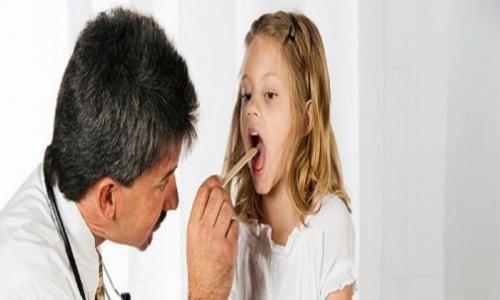1,930 total views, 1 views today
Paediatrics, a specialty of the medical sciences, is by no overstatement a tasking one. This branch of medicine was developed and practiced formally from about the 19th century. It is the branch of medicine that deals with health and treatment of child diseases right from births to the adolescent stage, and takes care of all the child’s needs from medical to emotional supports. Doctors that specializes in children are called the Paeditricians. There are subset divisions in the practice, which corroborates the broadness of child medicine.
Branches of Paediatrics Medicine
Advances in paediatrics has led to many diversification, which calls for attention. These challenges has made it become quite difficult for an expert to specialize in treatment of such subdivisions such as pathological ailments, infant mental health (read more on mental health here),congenital heart diseases, electroencephalography(deals with brain waves),
electromyography (electrical activity of muscle tissues), neonatology (medical care of new born babies), respiratory functions, haematology (deals with blood) and endocrinology (deals with glands). There is a need for real specialization for the sake of expertise.
The Need for Expertise Among Paediatricians
Worldwide, children and adolescents represent a great proportion of the general population. This calls for training of more personnel to increase the paediatrician to child ratio. The paediatrician is expected to be logical, sensitive and trained in making diagnoses and prescriptions because of the technicality that comes up in the effective treatment of a child that cannot talk or make proper complain of pains and illness (read more about illness here). Also, the small size of the organs in infants requires caution and expertise in cases of surgical operations. Little wonder the great amount of hours spent on neonates during surgical operations compared to that of the adults. Over the years, it is discovered that the inability of the practitioner to make proper diagnosis has been a cause of ravaging effects in paedo-medicine.
Training of paediatricians differs depending on location. In some countries, a first degree in science or related discipline is a prerequisite for specialization. In other places, a person has to undergo a complete course in general medicine before specializing. In addition, it is also good for the paediatricians to put in some their interests, have good passion and must understand the children.
Health Challenges Faced By Children
Every phase of growth has distinguishing characteristics. At childbirth, neonate or infant stage of human development, congenital defects (birth defects), measles, diarrhea, respiratory malfunctions and developmental issues are forefront challenges. Depending on management and type of ailments, the challenges may span over into later parts of the child’s life. Thus, medical attention should therefore be administered before the child comes of reasonable age. The body size of an infant is largely different from that of an adult. Relatively, every parent performs some paediatric role or the other depending on the nature of the growing child. Sometimes the newborn may feel pain or discomfort and would just cry. At that instance, the parent is left with no option than to figure out a way of calming the child. Thus it is advisable that intending parents are taught tips on how to care for the child and first hand treatment methods for emergencies.
The Need for Social and Psychological Balance In Children
Consequently, as the child grows to adolescence, there is need for emotional and psychological balance. These aspects could be associated with behavioural paediatrics and the collaborative management of the healthcare needs of the child through interdisciplinary approaches. The incorporation of human sciences such as psychology, systematic sociology and so on has become needful so as to ensure total effectiveness in practice. It involves use of attitudinal patterns based on the integration of various empirical knowledge in providing answers to several recurring paediatric challenges. Paediatrics is that branch of medicine which ensures an “all-round well-being” of the child to include physical, intellectual and socio aspects in essence. This shows clearly that some factors affecting child health and development could be linked to environment (read on the effects of environment on health), family, schooling among others.
Lastly, rules have been set to govern practice in this profession. Child and parental consents must be available before every paediatric procedure since children are minors and cannot make decision of their own. In the absence of parental consent, conventionally laid down rules are followed especially when surgeries are required.
Please drop a comment
If you find this article interesting, please like us on Facebook and Twitter, you should also share it by clicking the buttons below to enable other people benefit from it.
